Black spot treatment antibacterial soap question
Hrose
11 years ago
Related Stories

KITCHEN DESIGNKitchen Sinks: Antibacterial Copper Gives Kitchens a Gleam
If you want a classic sink material that rejects bacteria, babies your dishes and develops a patina, copper is for you
Full Story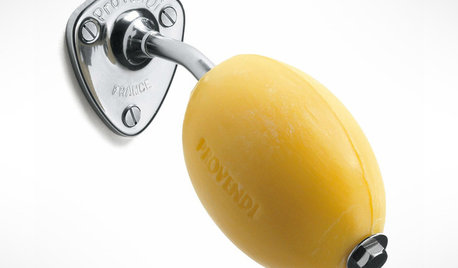
BATHROOM VANITIESBetter Places to Stash That Soap
Banish gloppy bars and flimsy pumps, and the only things you’ll need to clean are your hands
Full Story
BATHROOM DESIGNSpotted: Refrigerators in the Bathroom
You read that right. Before you protest, here are seven good reasons why people are chilling in the bath
Full Story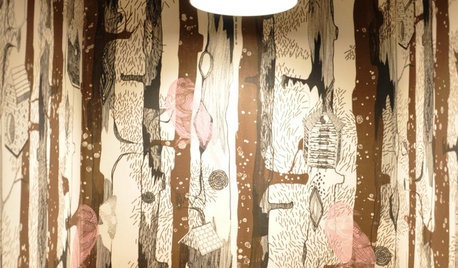
DECORATING GUIDESCool Wallpaper Spotted: Wait, No It's Fabric!
Woodsy-modern pattern adds whimsy and color to a baby-friendly bathroom
Full Story
BATHROOM DESIGN21 Dream Showers Let You Soap Up in Style
These sensational showers have it all: spectacular design, luxurious materials and sleek high-tech features
Full Story
KITCHEN DESIGN9 Questions to Ask When Planning a Kitchen Pantry
Avoid blunders and get the storage space and layout you need by asking these questions before you begin
Full Story
REMODELING GUIDES9 Hard Questions to Ask When Shopping for Stone
Learn all about stone sizes, cracks, color issues and more so problems don't chip away at your design happiness later
Full Story
GREEN BUILDINGConsidering Concrete Floors? 3 Green-Minded Questions to Ask
Learn what’s in your concrete and about sustainability to make a healthy choice for your home and the earth
Full Story
WORKING WITH PROS12 Questions Your Interior Designer Should Ask You
The best decorators aren’t dictators — and they’re not mind readers either. To understand your tastes, they need this essential info
Full Story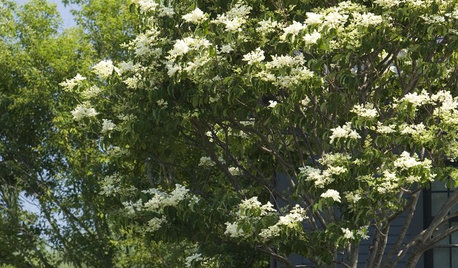
GARDENING GUIDESNo-Regret Plants: 5 Questions Smart Shoppers Ask
Quit wasting money and time at the garden center. This checklist will ensure that the plants you're eyeing will stick around in your yard
Full StoryMore Discussions






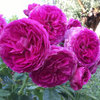

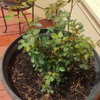
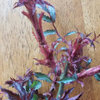
roseseek
HroseOriginal Author
Related Professionals
Danbury Landscape Architects & Landscape Designers · Prairie Ridge Landscape Architects & Landscape Designers · Rancho Palos Verdes Landscape Architects & Landscape Designers · Anderson Landscape Contractors · Brooklyn Park Landscape Contractors · Dallas Landscape Contractors · Deerfield Beach Landscape Contractors · Eustis Landscape Contractors · Fruit Heights Landscape Contractors · Indianapolis Landscape Contractors · Pueblo West Landscape Contractors · Raleigh Landscape Contractors · Royal Oak Landscape Contractors · Snoqualmie Landscape Contractors · Selma Landscape Contractorsmichaelg
HroseOriginal Author
diane_nj 6b/7a
jerijen
michaelg
reg_pnw7
henry_kuska
landlady
jerijen
HroseOriginal Author
michaelg
dublinbay z6 (KS)
HroseOriginal Author
HroseOriginal Author
HroseOriginal Author
mad_gallica (z5 Eastern NY)
henry_kuska
olga_6b
henry_kuska
rosetom
HroseOriginal Author
HroseOriginal Author
karl_bapst_rosenut
jerijen
HroseOriginal Author
HroseOriginal Author
roseseek
HroseOriginal Author